Forest certification for social welfare Data backs certification over the law in the Congo Basin
Share:
For forest workers in the Congo Basin, life can be very different depending on whether their employer seeks certification or not. While one logging company may bring access to medical facilities, water supply, waste disposal systems and safety equipment, another might bring little more than a wage.


